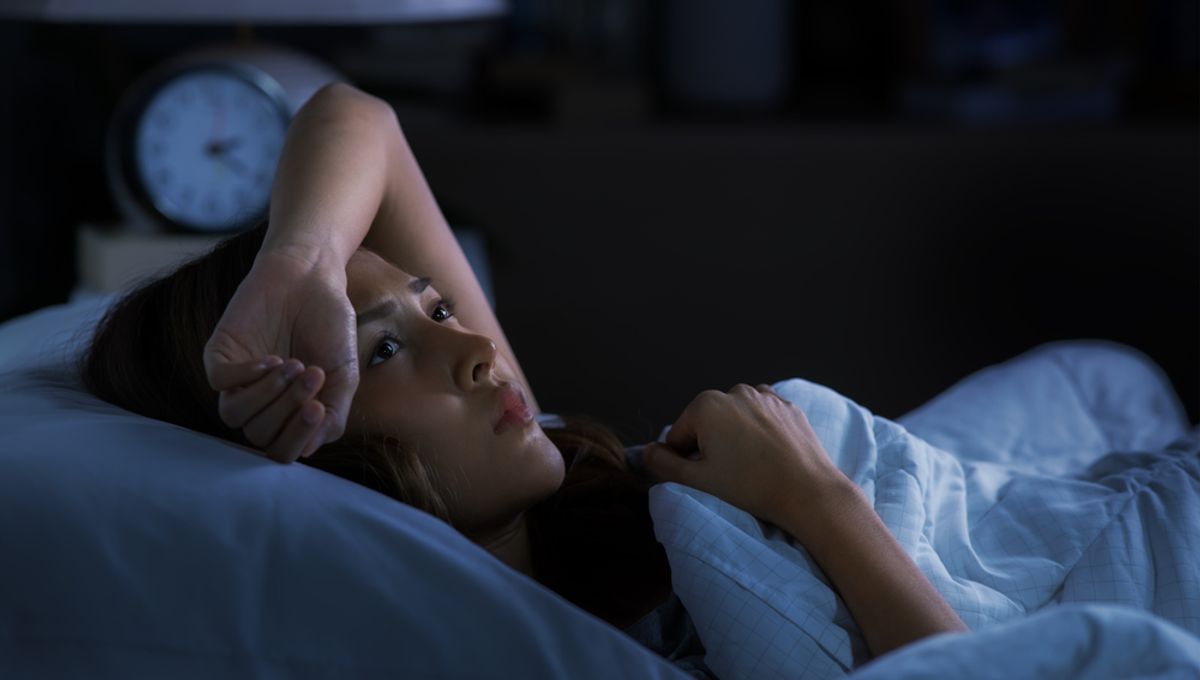
Chemicals in furniture and children’s toys could impact the quality of your sleep. New research shows that chemicals hidden in plastics can interfere with the circadian rhythm, delaying the internal body clock by up to 17 minutes. This, in turn, may increase the risk of developing sleep disorders and health problems, such as diabetes and cancer.
The body’s internal clock, or circadian rhythm, determines your sleep-wake cycle. According to the Sleep Foundation, it runs a little over 24 hours. This means that, in order to keep time with the Earth’s rotation, it has to adjust between 12 and 18 minutes a day – a feat it achieves by adhering to environmental cues called “zeitgebers”, which translates to “timekeepers” in German.
Light (or a lack of) is the primary zeitgeber but exercise and food among other factors play a role. It is why we’re advised against drinking coffee before bed, why timing when you exercise may help negate effects of jet lag and why snoozing might actually be a bad idea.
For the study, biologists extracted chemicals from a PVC medical feeding tube and a polyurethane hydration pouch (popular among hikers, runners and cyclists), and monitored the effect on human cells. The research was performed in vitro, meaning the experiment took place in a lab and under a microscope, not on a living organism.
The researchers were particularly interested in the effect the chemicals had on the adenosine receptor, a G protein-coupled receptor that transmits signals responsible for regulating the circadian rhythm. In short, it tells the body when to wake.
They found exposure to the chemicals hinders the receptor’s ability to relay the signals by activating it. This triggers a delay that could disrupt the internal body clock by 9 to 17 minutes, depending on the dose of chemicals present. The study authors compare the effect of the chemicals to caffeine – though while the end effect may be the same (keeping us awake), caffeine achieves this effect by deactivating the receptor.
Speaking to The Guardian, study author Martin Wagner, a professor of biology at the Norwegian University of Science and Technology, said the effects are not as strong as coffee but they are quicker to impact cellular processes than coffee is to impact hormones. And while the full effect of these chemicals is not known, he said it could be significant. “We don’t know the significance of it and you could say, ‘Oh it’s just 15 minutes so it’s not a big deal’, but it’s such a tightly controlled clock that it’s a significant shift,” he told the British paper.
More research is needed to understand the full impact plastic may have on the internal body clock and determine which chemicals are to blame. As the authors point out, the study used plastic extracts, which is “a worst-case chemical migration” – though we do know that chemicals regularly leach into their surroundings even under their intended usage. And while in vitro studies can offer a reliable proxy for what occurs in vivo, future studies are needed to determine whether the findings reflect the effect of real-world exposure to the chemicals in plastics.
The authors say their work contributes to an ever-growing body of evidence that shows plastics contain compounds that have a toxic effect on our bodies. Increased incidents of cancer, obesity and diabetes along with impaired immunity and reproductive and developmental disorders have already been linked to plastic use.
“A fundamental shift in the design and production of plastics is essential to ensure their safety,” the authors write. “Reducing both the number and the hazards of chemicals in plastics can decrease exposures and lessen their impacts on public health.”
The study is published in the journal Environmental International.
Source Link: Plastic Chemicals May Delay The Internal Body Clock By 17 Minutes, According To Study